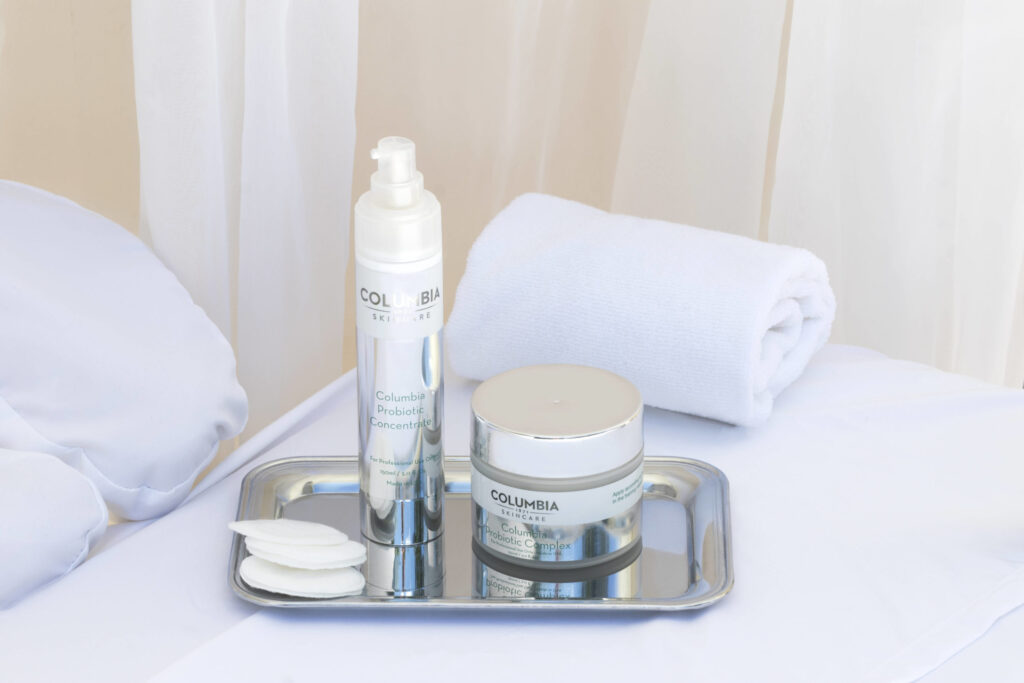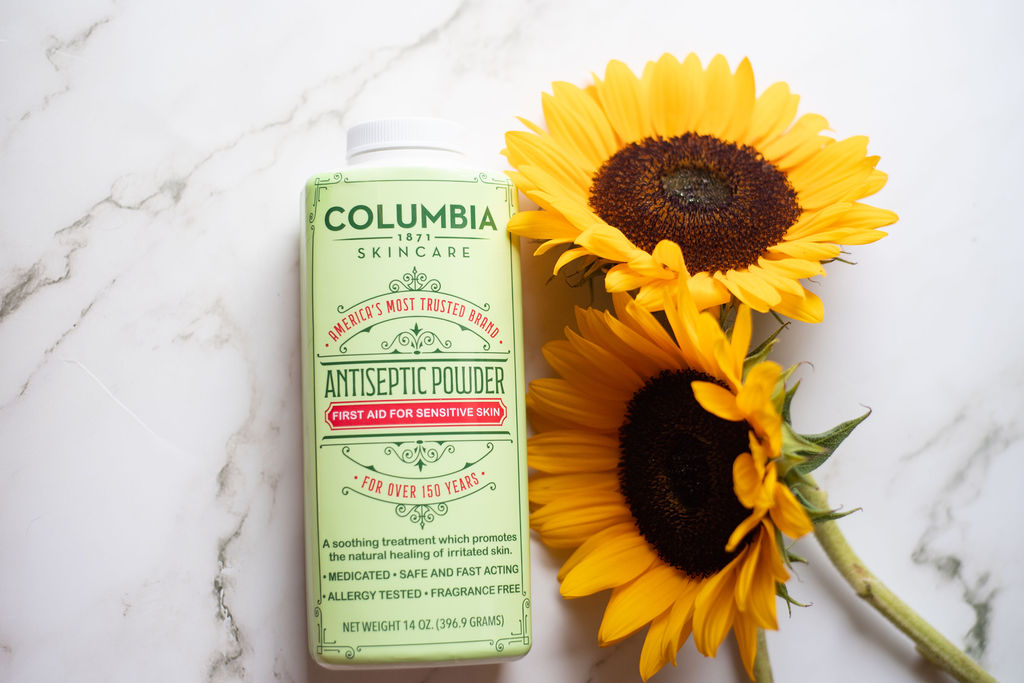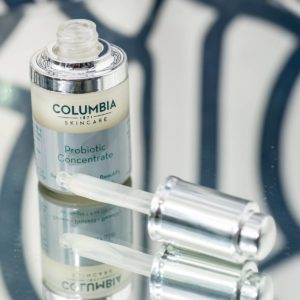Social media has revolutionized the way we learn about beauty and skincare. From viral TikTok trends to influencer product recommendations on Instagram and Reddit, it’s easier than ever to find advice on how to care for your skin. But how much of this information is accurate—and how much is outright misleading or even dangerous?
The Problem with Influencer Skincare Advice
Influencers, regardless of their follower count, are not necessarily experts in skincare. Many are not dermatologists, estheticians, or cosmetic chemists; they are simply individuals sharing their personal experiences. While some genuinely aim to educate their audience, others are primarily motivated by sponsorships, affiliate marketing, and trends rather than science-based facts.
Here are some of the most common issues with skincare advice on social media:
1. Misinformation and Overgeneralization
One-size-fits-all advice doesn’t apply to skincare. Yet, influencers often promote products as “miracle cures” without acknowledging that everyone’s skin is different. A product that works wonders for one person may cause irritation, breakouts, or allergic reactions for another.
2. The Promotion of Harmful DIY Remedies
Platforms like TikTok and Reddit are filled with DIY skincare hacks, many of which can be dangerous. Common examples include using lemon juice to lighten skin (which can cause severe irritation and sun sensitivity), applying toothpaste to acne (which contains ingredients not meant for skin), or over-exfoliating with harsh scrubs that damage the skin barrier.
3. Unregulated Product Endorsements
Many influencers are paid to promote products without disclosing their partnerships, making it difficult for consumers to know if a recommendation is genuine or financially motivated. The lack of regulation allows misleading claims to spread unchecked.
4. Pseudoscience and Fear-Mongering
Skincare myths often go viral because they tap into fear. Terms like “toxic,” “chemical-free,” and “clean beauty” are frequently misused to scare consumers away from certain ingredients without scientific backing. The reality? Everything is a chemical—even water! Many “feared” ingredients, such as parabens and silicones, are safe when used correctly and have undergone rigorous testing.
How to Find Reliable Skincare Information
With so much misinformation online, how can consumers ensure they’re getting accurate skincare advice? Here are some safer, science-backed ways to educate yourself:
1. Trust Dermatologists and Skincare Experts
Follow board-certified dermatologists and licensed estheticians who rely on peer-reviewed studies rather than trends. Look for experts like Dr. Shereene Idriss, Dr. Ranella Hirsch, or The American Academy of Dermatology, who provide factual, research-based insights.
2. Check Credible Websites
Reliable sources such as the American Academy of Dermatology (AAD), the National Institutes of Health (NIH), and the Journal of the American Medical Association (JAMA) provide science-backed information on skincare and cosmetic products.
3. Read Ingredient Lists and Research Products Independently
Instead of relying on influencer hype, take a closer look at a product’s ingredient list. Websites like INCIDecoder and Paula’s Choice Ingredient Dictionary break down ingredients to help consumers understand their benefits and potential risks.

4. Be Skeptical of “Too Good to Be True” Claims
If a product promises instant results or sounds like a miracle cure, approach with caution. Good skincare takes time, and no single product can erase wrinkles overnight or cure acne in a day.
5. Ask Your Dermatologist or Licensed Skincare Professional
If you’re unsure about a product or treatment, the safest route is to consult a professional who understands skin science and can provide tailored advice based on your skin’s needs.
Final Thoughts
While social media can be a valuable tool for discovering new skincare products, it is also a breeding ground for misinformation. Consumers should be cautious, fact-check claims, and prioritize science-backed sources over viral trends. Your skin deserves care based on research, not just marketing.
By taking a more critical approach to skincare advice, you can protect yourself from misleading claims and make informed choices that truly benefit your skin’s health.








